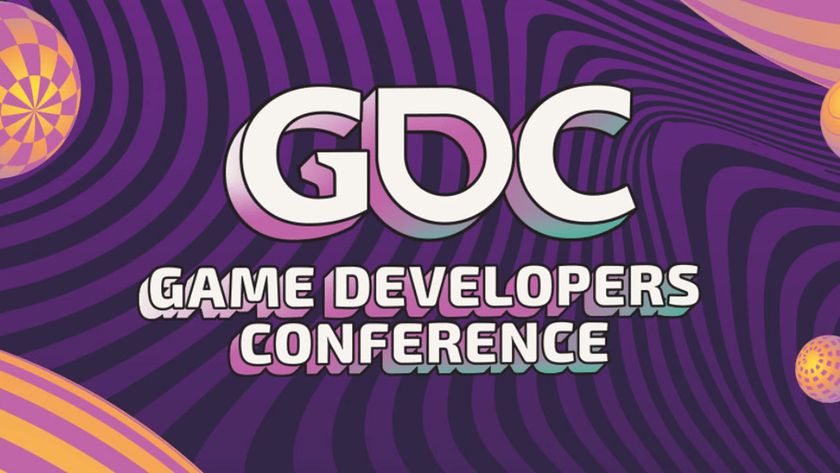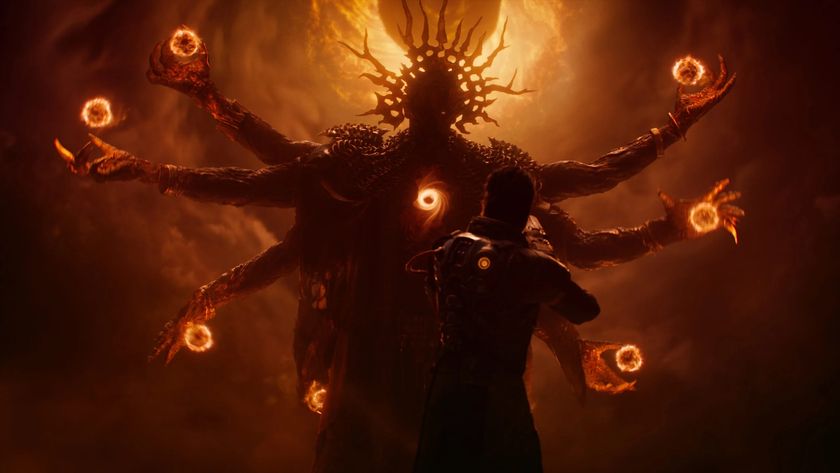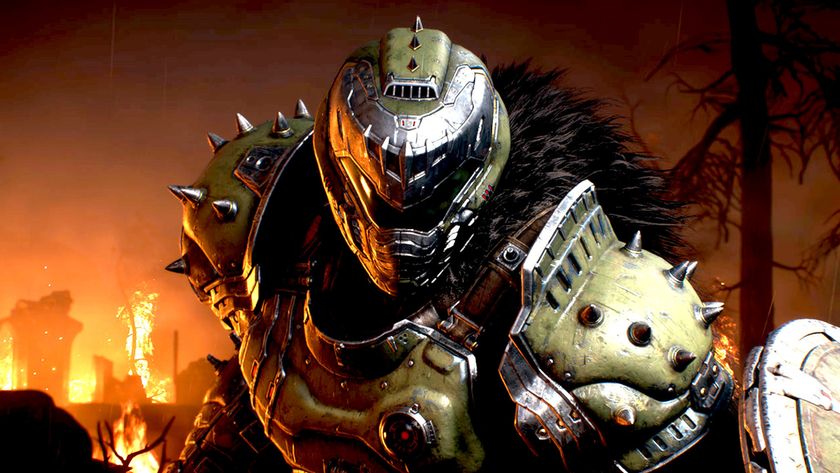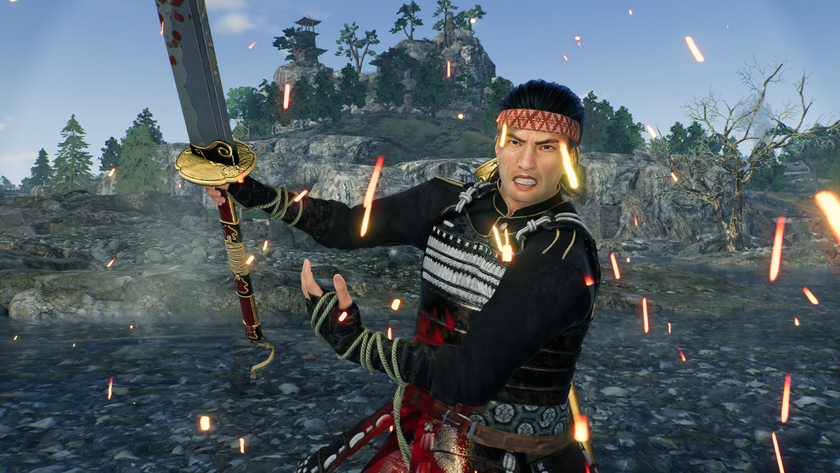Why cloud-based gaming is still a dubious prospect
Cloud gaming system Onlive gathers pace, but there are still a lot of of potential problems
The idea of cloud-based gaming took another step forward today, as the upcoming OnLive service announced its pricing structure for the US. It's worth noting that this is just the current set-up for North America, and could change at any point for any region, but right now I have issues with it. In fact I have issues with the whole cloud gamingconcept in general.
I'm not writing it off. I want to make that clear right now. But the more I think about the idea of playing games remotely on a central server, with the video footage fed to my PC at home, the higher my dubious eyebrow raises. The lack of need for high-powered gaming kit is an obvious advantage, but there are whole lot of stumbling blocks too, in my opinion. And predictably, here they are.
The cost
So far, the cost of games - when bought rather than rented - seems to be roughly the same as at standard retail. Casual and XBLA-type stuff goes for less than $10, with full-sized retail titles coming in at around $40. Though Splinter Cell: Conviction is currently tagged at $59:99. So far, not quite the monetary incentive we expected to entice us away from high street retail, particularly when no physical products are changing hands.
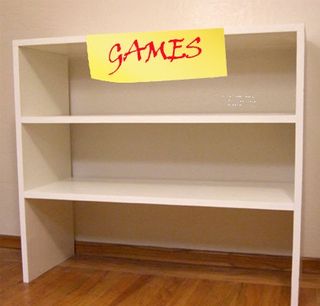
Above: I love my games shelf and don't want to make it lonely
And that segues into anotherhang-up of minewith OnLive at the moment. With no physical product, and no way to download a game to your machine - it's just video streaming at the end of the day, remember - I can't bring myself to feel that buying a game through OnLive really equates to buying it. And that fact its compounded by an even bigger issue. There's a subscription fee on top of the cost of games, and you only get to keep the games you've 'bought' for as long as you're subscribed.
Right now the service is free, with a $4:99 monthly fee kicking in if users continue to use the service after the first year. Doesn't seem too bad given the amount of processing OnLive will have to do (more on that soon), but let's do some maths. Say you buy a game for $40.Maybe it's a massive RPG, or hasa great multiplayer component. You're going to be playing it for at least a year. Suddenly that game costs $99:87. And if you don't want it to cost any more, you have to give up playing it forever.
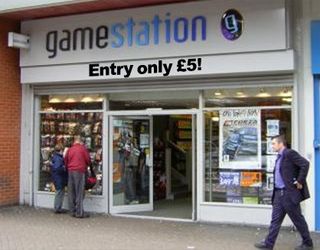
Above: Another 30 seconds at that window will cost them a quid
Sign up to the 12DOVE Newsletter
Weekly digests, tales from the communities you love, and more
Admittedly I'm making an extreme example here. That $4:99 is a one-off payment every month, letting you buy as many games as you like. The chances are you won't notice it in the great scheme of things. But I'd still feel a bit disgruntled if Gamestation applied a door charge and didn't drop the price of games. Or made me pay ground rent on my game shelves at home.
The culture
OnLive isn't strictly a PC gaming thing. Yes, the games it streams are the PC versions, but it's mostly multi-format stuff, and there's an adaptor coming to allow it to be used with an HDTV. So the variety is there. But the fact is that a big part of OnLive's appeal is the idea of PC gaming withoutthe needto buy a mega-rig.
Problem: That's a fairly simplistic way to look at PC gaming culture. Yes, loads of people just want an easy life of good-looking games, without the cost and effort of hardware upgrades and rig customisation. And those guys might well lap OnLive right up. But to plenty of PC gamers, that stuff is as much part of the culture as the games themselves. It's like car-tuning, and to plenty of PC gamers it just isn't an issue.

What is an issue to PC gamers, is a lack of freedom. The PC is an open platform, and that means that PC gaming culture is very different to the culture on any console. OnLive means no outright ownership. It means no modding. The casual won't care, but serious PC gamers will not be happy. Not when it means paying a subscription fee to get less features than they're used to.
Ironically, I can't see OnLive replacing console gaming either. Because in this age of multi-platform releases as standard, first-party exclusives are what people buy a machine for. And none of that stuff is ever going to end up on anything other than its platform holder's machine.
Next:Will it even work?
